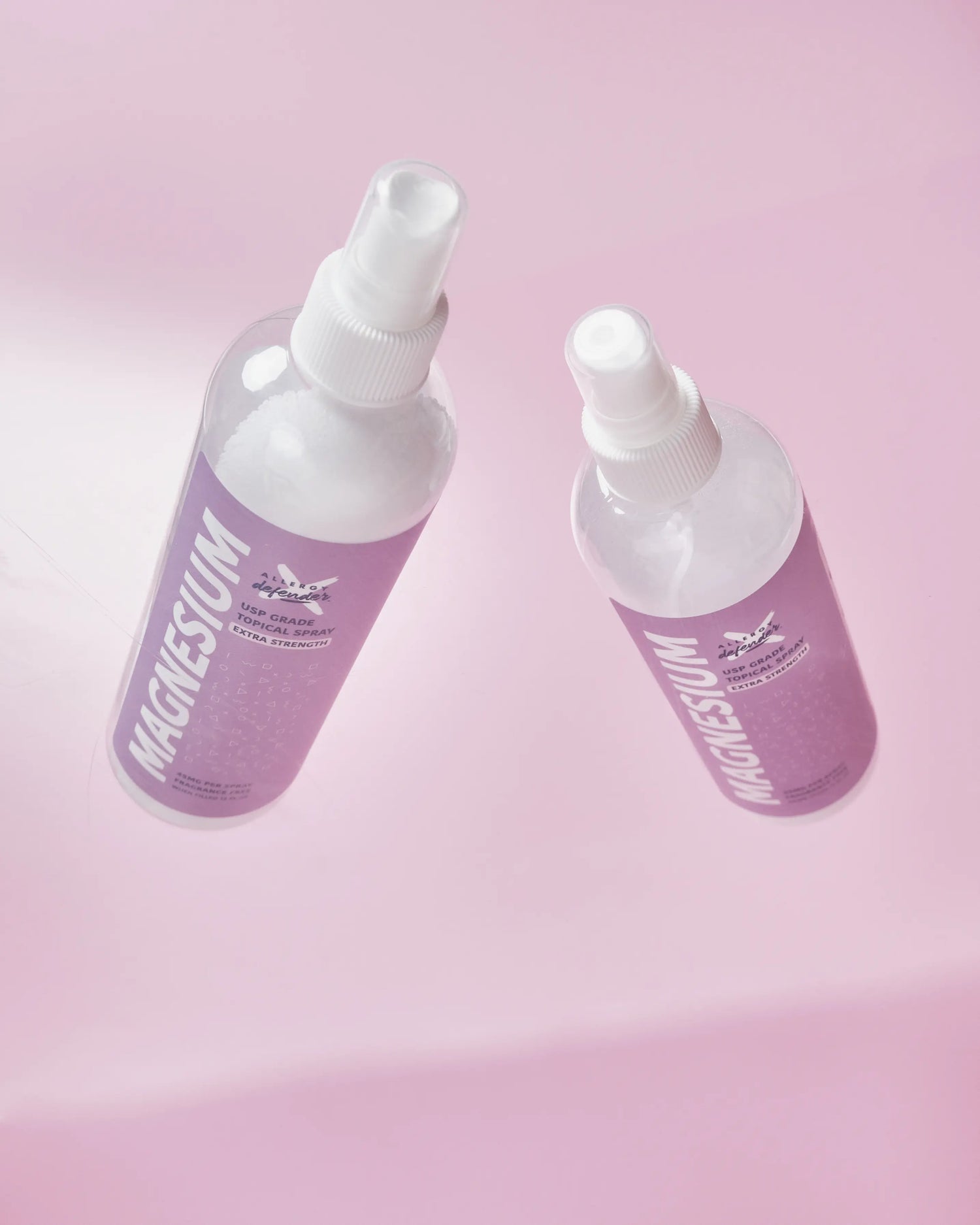Allergy Pills Not Working?
Allergy pills not working? Allergies can be a constant battle. You're not alone if you're struggling to find relief.
You've tried various allergy pills, but they don't seem to work. It's frustrating and exhausting.
This article aims to shed light on why your allergy pills may not be effective. We'll delve into the factors that can influence the performance of these medications.
We'll also explore practical advice for managing your allergy symptoms more effectively. It's not just about the pills; it's about understanding your body and your environment.
Whether you're an asthma patient or an allergy sufferer, this article is for you. Let's embark on better allergy management, together.
Understanding Allergy Pills and How They Work
Allergy pills are a common go-to for many allergy sufferers. But do we really understand how they work?
There are different types of allergy pills available. Each type targets a specific aspect of the allergic reaction.
- Antihistamines block histamine, a substance released during an allergic reaction.
- Decongestants reduce swelling in the nasal passages.
- Combination medications contain both antihistamines and decongestants.
Understanding these differences is necessary for effective allergy management.
Types of Allergy Pills
Antihistamines are the most common type of allergy pills. They're designed to counteract the effects of histamine.
Decongestants, on the other hand, are used to relieve nasal congestion. They're often used in combination with antihistamines for more comprehensive relief.
How Antihistamines Block Histamine
Histamine is a substance your body produces during an allergic reaction. It's responsible for many common allergy symptoms.
Antihistamines work by blocking the receptors that histamine binds to. This prevents histamine from causing inflammation and other allergic reactions.
Common Reasons Why Allergy Pills Fail
Despite their widespread use, allergy pills don't always provide the relief we hope for. There are several reasons why this might be the case:
- Incorrect dosage and timing
- Individual body chemistry and metabolism- in other words every body is different!
- Building a tolerance over time
- It also may be that your allergies have changed. Your body's reaction to certain allergens can change over time.
Incorrect Dosage and Timing
Taking the right dosage at the right time is crucial for allergy pills to work effectively. Too little, and you might not get the relief you need. Most allergy pills are best taken daily for a week or more before allergy season starts.
On the other hand, taking too much can lead to side effects (like drowsiness). Always follow the instructions on the label or ask a pharmacist.
Individual Body Chemistry and Metabolism
Everyone's body is unique. This means that the same allergy pill might not work the same way for everyone.
Your body's chemistry and metabolism can affect how well an allergy pill works for you. This is why it's important to work with your healthcare provider to find the best treatment for your specific needs if you're not getting the relief you need.
Building a Tolerance Over Time
Over time, your body might build a tolerance to certain allergy pills. This means that they might become less effective the more you use them.
If you notice that your allergy pills aren't working as well as they used to, it might be time to try a different med. And if what you're taking just isn't working, consult with your healthcare provider.
Environmental Factors and Allergen Exposure
The environment you live in can play a significant role in the effectiveness of your allergy pills. High levels of allergens can overwhelm even the most potent medications.
- Pollen
- Dust mites
- Pet dander
- Mold spores
Understanding these allergens can help you take steps to reduce your exposure and improve your allergy symptoms.
The Role of Allergen Levels
High levels of allergens in your environment can trigger more severe allergy symptoms. This can make it harder for your allergy pills to provide effective relief.
Reducing your exposure to these allergens can help your allergy pills work better. It can also help reduce the severity of your symptoms.
Creating an Allergen-Free Environment
Creating an allergen-free environment can be a key part of managing your allergies. This can involve steps like using air purifiers, regularly cleaning your home, and avoiding certain outdoor activities during high pollen times.
Remember, even the best allergy pills can't do their job if you're constantly exposed to high levels of allergens. Taking steps to reduce your exposure can make a big difference in your allergy symptoms.
When to Seek Professional Help
If you've tried everything and your allergy pills still aren't working, it might be time to seek professional help. Don't suffer in silence - there are many resources available to help you manage your allergies.
Consulting with a Healthcare Professional
Consulting with a healthcare professional can provide valuable insights into your allergies. They can help identify potential triggers and suggest effective treatment options.
Remember, everyone's body is different. What works for one person might not work for another. A healthcare professional can help tailor your treatment to your specific needs.
Alternative Treatments and Immunotherapy
If allergy pills aren't working for you, there are other treatment options available. These can include alternative treatments like acupuncture or herbal remedies.
Immunotherapy, also known as allergy shots, is another option. This treatment involves regular injections of a small amount of the allergens that trigger your symptoms. Over time, this can help your body build up a tolerance to these allergens.
Managing Allergies Beyond Medication
Managing allergies often requires more than just taking medication. Lifestyle changes and home remedies can play a crucial role in controlling your symptoms.
Consider the following strategies:
- Keep your home clean and free of dust and pet dander.
- Use air purifiers to improve indoor air quality.
- Wear sunglasses (goggle type) to protect your eyes from pollen when outdoors.
- Shower before bed to remove allergens from your skin and hair.
Lifestyle Changes and Home Remedies
Simple lifestyle changes can make a big difference in managing your allergies. For example, regular exercise can boost your immune system and reduce inflammation.
Home remedies, such as using a humidifier or taking a hot shower, can also help alleviate allergy symptoms. Remember, it's about finding what works best for you.
The Importance of a Holistic Approach
Taking a holistic approach to managing your allergies can be beneficial. This means considering all aspects of your health, including diet, exercise, and mental well-being.
Stress, for example, can exacerbate allergy symptoms. So, incorporating stress-reducing activities like yoga or meditation into your routine can help. Remember, managing allergies is about more than just taking pills. It's about taking care of your overall health.
Assessing Your Allergy Management Strategy
Take some time to assess your current allergy management strategy. Are you taking your medication correctly? Are there lifestyle changes you could make to reduce your exposure to allergens?
Remember, managing allergies is a journey. It may take some time and experimentation to find the right combination of treatments and strategies that work for you. Good Luck!



